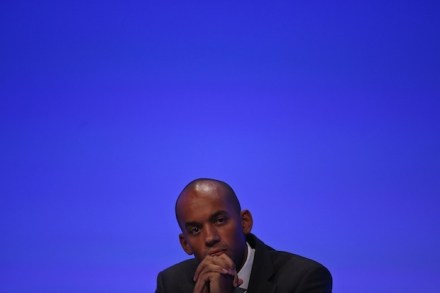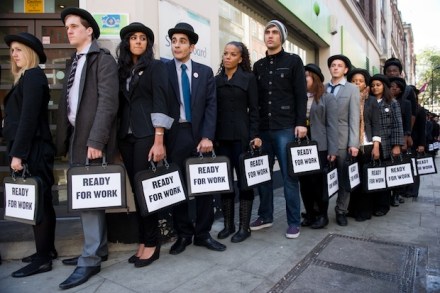Will George Osborne be able to push through HS2?
As if many true blue parts of England didn’t dislike the Chancellor enough, today’s Financial Times adds to his misdemeanours renewed support for High Speed 2. Their splash (£) reports that despite fresh concerns from Treasury officials over the sums, George Osborne is still pushing ahead with the new line. According to the pink ‘un, Osborne sees the project as ‘an emblem of the coalition’s commitment to spread growth more evenly across the country’. I’m sure many of his fellow Tories will be disappointed that he isn’t backtracking instead. Osborne’s rallying cry doesn’t drown out the scary new figure that the FT has for the cost of HS2. The original




















